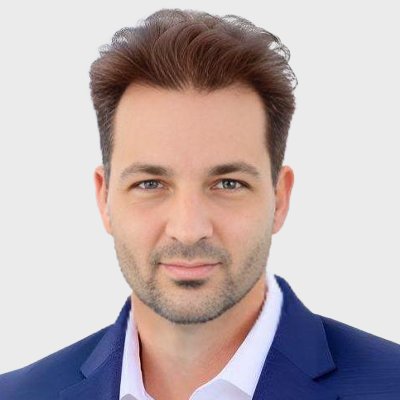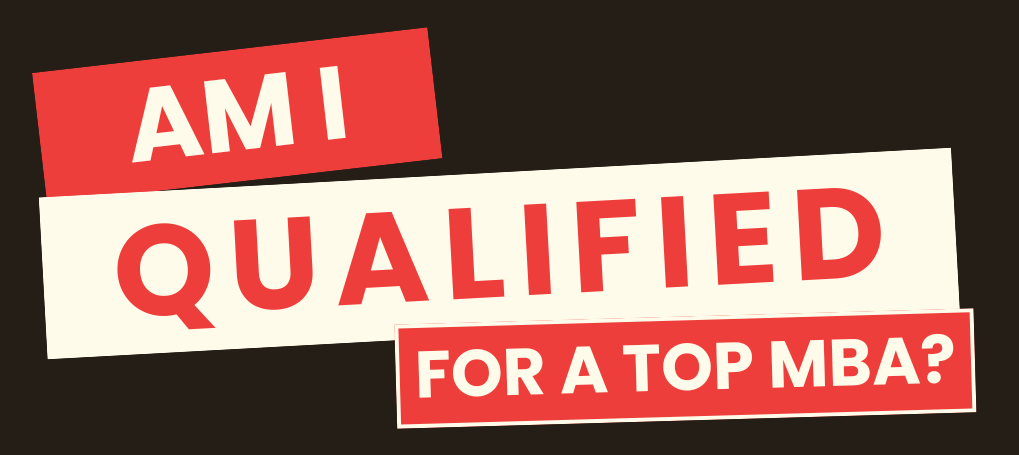Here at Menlo Coaching, we appreciate the Ross School of Business at the University of Michigan in Ann Arbor for its commitment to teamwork and real-world experience.
Menlo Coaching’s Founding Partner David White interviewed Soojin Kwon, the Managing Director of MBA Admissions and Student Experience at Ross, to get the inside scoop on what it’s like to be both an applicant and a student at this prestigious MBA program. They also take a look at some of the unique traits that Ross applicants can expect to be central to their MBA.
This interview includes
- Curriculum at Ross
- Courses outside of the Ross program
- More insights on the curriculum at Ross
You can watch more from David and Soojin, with videos covering Admissions & School Research, The Ideal Ross MBA Candidate, and Employment Outcomes & Ross Alumni Network.
Interview with the Ross School of Business Admissions Director
Ready to start your application now? Apply to Ross.
The Ross MBA Curriculum & Experiential Learning
Ross has capitalized on the idea of hands-on learning. While every MBA program has some experiential learning, Ross makes it central to the degree. More than just capitulating to a passing fad which has come into vogue in the last five or so years, Ross’s twenty-five years of experience with experiential learning is a vital part of the MBA with programs to match.
Ross has a large portfolio of action-based learning opportunities which they call REAL—Real Experiences in Actual Learning. While Ross understands that learning how to do something is important, the school also understands that you cannot fully comprehend how to do something until you’ve done it. That means real experience in a real organization or company which grounds their MBAs in learning that goes beyond the theoretical. There are four parts to the REAL portfolio.
- Zell Lurie Institute for Entrepreneurial Studies. This Institute allows students to get seed money and advisors to learn how to develop business plans. Would-be entrepreneurs will find a lot of resources for getting started down that path.
- MAP. The Multidisciplinary Action Project helps Ross MBAs get real world experience advising a business or organization. It’s been in place for a quarter of a century and gives students a seven-week consulting-adjacent project at the end of the first year. MBAs work in teams of three to five, full time, with no other classes. That makes it nearly equivalent to an internship. In the last year they offered more than 100 projects across a variety of industries, functions, and countries. Examples have included working with Xbox in Germany to try and capture more of the German market share, attempting to expand Marriott International’s spa business in Asia, and optimizing the utility of operating rooms at West Virginia University Children’s Hospital.
- Investments. Ross has student-led investment funds where MBAs manage over $10 million dollars in real money. These investments are focused in areas like social impact, real estate, and early stage ventures. They work on the board of a management fund with advisors to help them figure out important questions such as how one selects which companies to invest in and how the process of investment actually works.
- Embedded experience. Ross’s newest program (Living Business Leadership Experience) embeds students in an existing organization and helps them to run a business unit. They’ve previously worked in a variety of industries from Shinola to Ford and NRP Housing. There are also start-ups on board where students help them run their businesses.
The benefits of these programs can be invaluable for MBA students that are looking to gain real-world experience in a variety of roles. It provides a low-stakes environment in which to gain critical experience and avoid being turned down post-MBA for a lack of demonstrated results. It also provides MBAs on the job market with great experiences and bullet points that can be discussed in interviews.
The basics of accounting, finance, marketing, and operations can be learned in a book or through an online class. But the team-based experience that is provided by REAL is difficult to replicate. The average Ross MBA will work with between twenty and thirty different teams and learn, not only how to become a highly functioning team member in the short span of seven weeks, but also how to manage and navigate relationships, something that really can’t be learned in a long class.
Ross’s MBA Elective Courses
As a part of the larger University of Michigan, Ross MBAs are given the opportunity to explore courses and electives outside of the Ross School of Business. There are two different paths towards broadening their learning beyond the scope of a traditional MBA.
- Dual degrees. Ross provides more than twenty full-blown dual degrees with the most popular being Environment and Sustainability, Public Health, and Public Policy. They also offer joint MD/MBAs, and dual degrees in Engineering and the School of Information that focus on technology, back-end development, and speaking the language of tech and programming.
- Elective credits. Ross students can do up to ten elective credits (out of the fifty-seven that they will complete during their two years) outside of Ross. There is a lot of room to customize one’s curriculum and tailor it to specific business interests. If, for example, a Ross MBA wants to do business in China, they might take some Chinese language courses to strengthen their skills. Especially during their second year, Ross MBAs have vast resources at their disposal.
In addition to these two paths, Ross also features a Data and Business Analytics Concentration. It focuses on getting MBA students to be able to effectively work with data which, as most MBAs know, is an incredibly important skill. Ross is also in the midst of launching the Impact Studio where cross-campus interdisciplinary graduate student teams work on societal changes, employing faculty research towards an actual, real-world impact.
This past year, one of the program’s inaugural projects included the Flint water crisis. A Ross marketing professor developed an algorithm to be able to predict which houses in Flint had what level of lead in their pipes. Students came up with strategies to implement the algorithm on behalf of the city so that Flint could more efficiently use its budget and figure out which households were most in need of remediation.
This coming year, the focus will be on how to provide more financial access to people who lack it. One of their first assignments will be to get a check cashed in Ann Arbor without a bank account. From that real world experience, they will attempt to figure out how strategies and design can be implemented in the real world, using business as the central tool.


